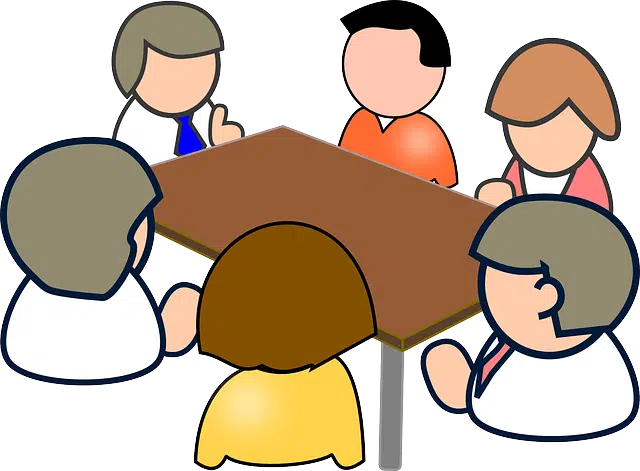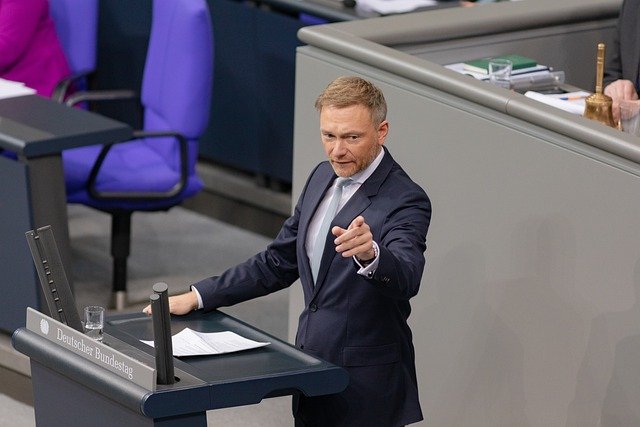
In a broad sense, a debate is a discussion where participants present different arguments.
Debate comes from the verb debate (to discuss or dispute about something) and refers to a controversy, discussion or dispute . For example: "Let's end this debate and start acting" , "If you want to start a debate with me, you should find a good argument" , "The moderator ended the debate at its most controversial point" .
Debate is usually considered a technique or modality of oral communication . Organized debates have a moderator and an audience that attends the conversations. The participants are responsible for presenting their arguments on the topic in question.
Public debate
In general, debates usually take place in an auditorium with an audience present or in a television studio and with a small number of people, which increases exponentially once viewers tune in to the event. Thanks to the development of technology , it is now possible to organize debates over the Internet , either through videoconferences, chat or forums.
For there to be a debate, it is necessary that two antagonistic positions be found. Otherwise, if the participants agree on everything, confrontation or controversy does not occur.

Debates are common in the field of politics.
Confrontation between candidates
Currently, the most frequent debates involve politicians who present themselves as candidates in an election process. These people agree to debate in the media to defend their proposals and refute the arguments of their adversaries.
"The official candidate was the winner of the last debate, according to polls from a consulting firm", "Gómez decided not to participate in the debate because he disagreed with the conditions" y «The debate between the presidential candidates broke the audience record» son expresiones que muestran este uso del término.
Debates on different topics
The possible topics of a debate are very varied and often reflect how backward certain cultures are with respect to others. Such is the case of countries that continue to debate the rights of homosexuals: not only do they question whether it is right to allow them to marry, like any other person, but they also question whether they deserve to be treated as normal individuals. and healthy, opening the door to discrimination and contempt as reasonable options.
On the other hand, in research areas such as journalistic programs, there are usually spaces for debate to confront opinions about various news items. The political situation of a country at war, rumors about secret experiments by a government or UFO sightings that have been classified: any topic that allows for multiple points of view can be the subject of debate.
The role of the moderator and the intervention of the participants
The role of the moderator is essential, since he must be in charge of preventing the discussion from becoming violent or the debate participants deviating from the main topic. Furthermore, it is your obligation to refrain from favoritism and ensure that everyone receives equivalent time slots to present their points of view.
Likewise, it is essential that participants obtain adequate documentation before attending a debate. Even specialists in the topic being discussed should be aware of the focus of the discussion before introducing themselves, since it often differs from their personal perspective. Previous knowledge is among the fundamental elements of a successful debate, since it collaborates with the healthy exchange of ideas and enriches the audience.
When personal interests intervene, debates become distorted and lose validity; It is highly advisable to remember that these are not competencies but rather exchanges of opinions and points of view . In the best of cases, the effectiveness of a debate continues after its closure , since the new ideas that emerge naturally from the discussion can positively affect its participants, questioning what they considered unquestionable.
